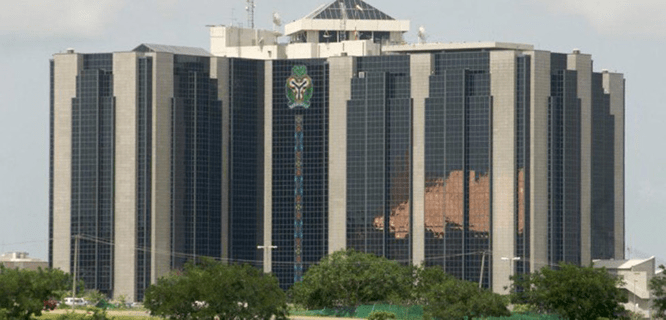The Lagos Chamber of Commerce and Industry, LCCI, has said that the Central Bank of Nigeria (CBN) change in Customs duty exchange will exacerbate the challenges faced by investors and the citizens in the economy.
The President of LCCI, Mr Babatunde Ruwase noted that three weeks ago, the exchange rate for the computation of import duty was reviewed from N306/ dollar to N326/dollar. “This was purportedly done at the instance of the CBN. The worry here is that this action by the CBN will exacerbate the challenges faced by investors and the citizens in the economy. What the CBN has done is to impose another form of tax on investors and citizens.
According to him, coming at a time when the government has repeatedly stressed its commitment to the investment growth and economic diversification, this policy action is a negation of what the present administration professes as far as economic management is concerned. Investors are currently grappling with a difficult operating environment manifesting in the high infrastructure deficit, weak purchasing power, increasing poverty incidence, high unemployment and fragile economic growth.
“This is not a time to introduce a policy measure that would impose an additional cost on investors. Already the sharp depreciation in the exchange rate in the last few years had resulted in high import duty across all sectors, including duties on raw materials and intermediate products used in the industries.”
“The CBN in its five-year plan presented recently by the CBN Governor also underlined the imperative of growth, investment promotion and job creation.
This recent exchange rate review for import duty is not consistent with the aspirations of the CBN as contained in that plan. The loss to the economy and the welfare cost to citizens will certainly outweigh the revenue gains to the government.
Excessive focus on revenue drive could undermine the realization of the objectives of the ERGP, especially from an investment and poverty reduction perspective” he said. He noted that some of the implications of the exchange rate review are High cost of raw materials for manufacturers, Inflationary pressure on products and services across sectors, Erosion of profit margins for investors, Negative welfare effect on citizens as general price level increases, Capacity of businesses to create jobs is weakened and Weaker purchasing power of citizens leading to higher poverty incidence.
“On account of the foregoing adverse implications for the Nigerian economy and the welfare of citizens, we call for an immediate reversal of the exchange rate increase for the purpose of computation of import duty” he stated.
Source: vanguardngr





